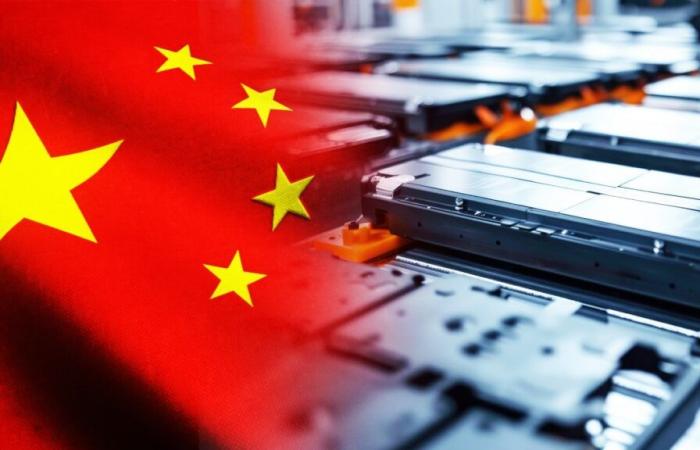China's bet on technological self-sufficiency
The Asian giant, in search of autonomy, is investing massively in the production of semiconductors specific to this industry. This strategic shift could well be a game-changer for global automobile manufacturers.
These investments aim to create a completely autonomous production chain, from design to chip manufacturing. An ambition which, if achieved, will significantly reduce China's dependence on foreign technologies.
Impacts on the global automotive industry
China's initiative to become a leader in the automotive semiconductor sector has global implications. By securing its supply, China could impose new standards and dynamics in a highly competitive and technologically advanced market.
To read
Non-taxable residents in nursing homes: from 2025, this new tax credit could make the difference
In addition, this strategy could force foreign manufacturers to rethink their supply and innovation models. The integration of technologies developed in China would then become an essential component for remaining competitive in the world's largest automobile market.
Benefits and Challenges of the New Technology Landscape
Self-sufficiency in semiconductors has many benefits for China, particularly in terms of reducing costs and increasing industrial flexibility. This would also allow Chinese brands to gain competitiveness and expand their influence in the international market.
Here's why it's important to remove fall leaves from your car right away
However, this ambition is not without challenges. The complexity of semiconductor production requires advanced technical expertise and considerable investment. China will have to overcome these obstacles to compete with the world leaders in the sector.
Potential consequences for international and economic relations
China's technological independence could redefine economic alliances and global geopolitical balances. Other semiconductor producing nations could see their position threatened and may need to ramp up their own production capabilities to remain competitive.
To read
Practical guide to thoroughly cleaning your AirFryer, removing all stubborn residue
Moreover, this strategy could encourage other countries to seek their own autonomy in key sectors, potentially by emulating the Chinese approach. This could lead to a wave of nationalization of technology industries across the world.
- Massive investments in R&D and production
- Creation of a complete technological ecosystem
- Reduced dependence on imports
- Increased competitiveness of Chinese brands
- Potential reorganization of global economic alliances
Falling prices: electric cars soon within everyone's reach?
China's initiative to become self-sufficient in automotive semiconductors is not just a matter of national security or economic development.
It could well be the catalyst for structural change in the global automotive industry and beyond. The years to come will demonstrate whether China will succeed in transforming its industry and influencing the global market as it aspires to.






